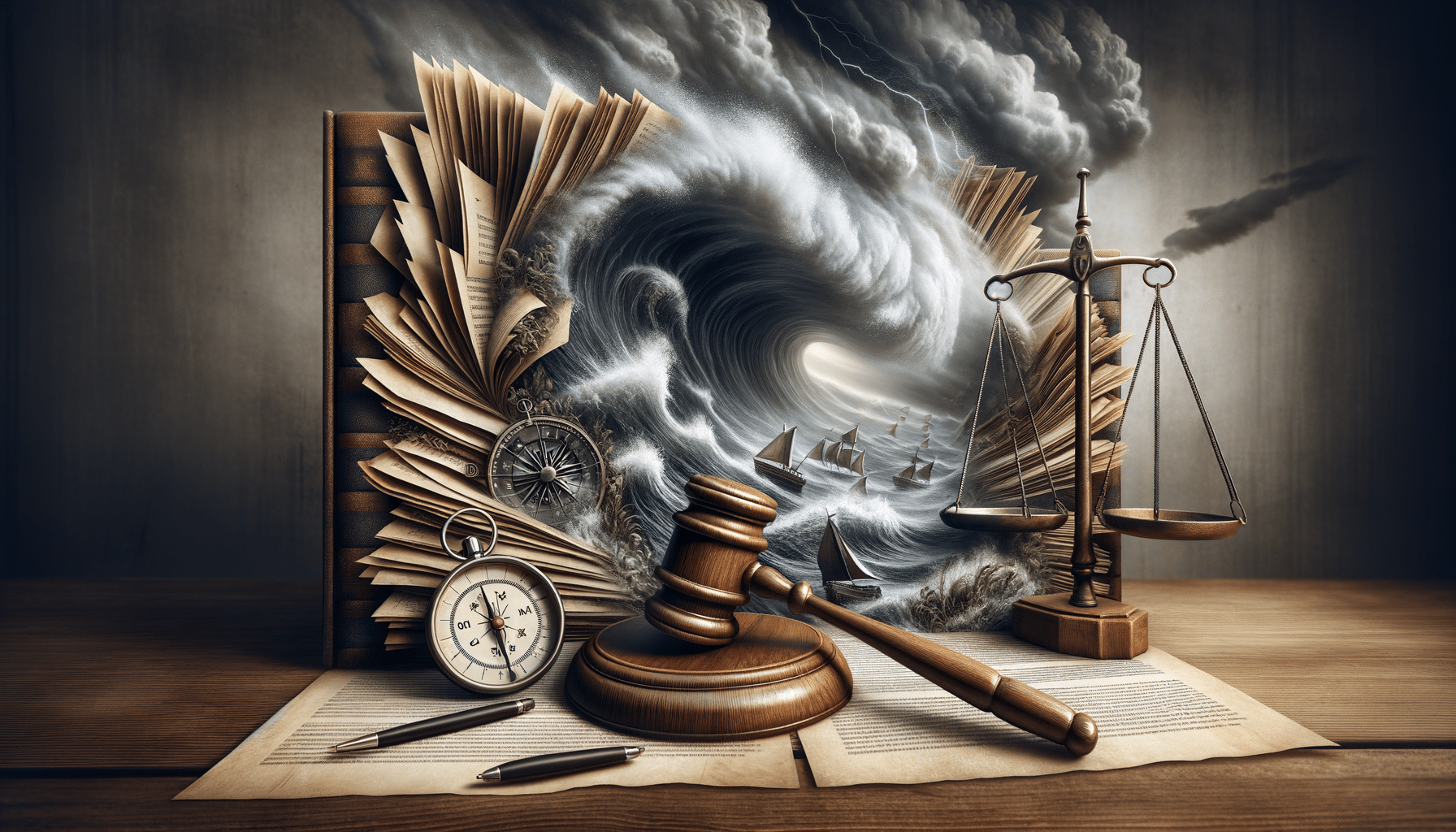
Navigate Legal Challenges with a Criminal Defense Lawyer
Introduction to Criminal Defense Law
In the labyrinth of the legal system, a criminal defense lawyer serves as a pivotal guide, helping individuals navigate through complex legal challenges. Whether facing charges of theft, assault, or more severe allegations, the expertise of a defense lawyer is indispensable. Their role is not only to defend but also to ensure that the legal rights of the accused are upheld. In this article, we delve into the multifaceted world of criminal defense law, exploring the roles, responsibilities, and the profound impact these legal professionals have on the justice system.
The Role of a Criminal Defense Lawyer
At the heart of criminal defense law lies the defense lawyer, whose primary responsibility is to represent individuals accused of crimes. They are tasked with ensuring that their clients receive a fair trial and that their legal rights are protected. This involves a wide array of duties, from investigating the case and gathering evidence to negotiating plea deals and presenting a defense in court.
One of the key responsibilities is to scrutinize the prosecution’s case, identifying any weaknesses or inconsistencies. This may involve:
- Reviewing police reports and witness statements
- Challenging the admissibility of evidence
- Cross-examining witnesses to test the credibility of their testimonies
Furthermore, a criminal defense lawyer must be adept at negotiating with prosecutors to secure plea bargains that may result in reduced charges or lighter sentences. This negotiation skill is crucial in cases where a trial may not be in the best interest of the client. Ultimately, the role of a criminal defense lawyer is to advocate for their client, ensuring that justice is served while safeguarding their legal rights.
Understanding Different Types of Criminal Cases
Criminal cases can vary widely in nature, ranging from minor infractions to serious felonies. Each type of case requires a specific approach and expertise from the defense lawyer. Common types of criminal cases include:
- DUI (Driving Under the Influence)
- Theft and burglary
- Assault and battery
- Drug-related offenses
- White-collar crimes
For instance, in DUI cases, a defense lawyer must be knowledgeable about the intricacies of traffic law and the science behind breathalyzer tests. They must scrutinize the procedures followed during the arrest to identify any potential violations of the client’s rights. In contrast, white-collar crimes, such as fraud or embezzlement, often involve complex financial data and require a lawyer with a keen understanding of business and finance.
The diversity in criminal cases underscores the importance of selecting a defense lawyer with the appropriate expertise and experience to handle the specific charges at hand.
Challenges Faced by Criminal Defense Lawyers
Criminal defense lawyers encounter numerous challenges in their profession, from public perception to the intricacies of the legal system. One significant challenge is the societal stigma often associated with defending individuals accused of crimes. Defense lawyers must navigate these perceptions while maintaining their commitment to uphold justice and protect the rights of their clients.
Additionally, the legal landscape is ever-evolving, with new laws and precedents continually shaping the field. Defense lawyers must stay abreast of these changes to effectively represent their clients. This requires ongoing education and a proactive approach to understanding legal trends.
Another challenge is the emotional toll that comes with representing clients in high-stakes cases. Defense lawyers often deal with emotionally charged situations, requiring them to balance empathy with professional detachment to provide effective representation.
Despite these challenges, criminal defense lawyers play a crucial role in the justice system, advocating for fairness and ensuring that every individual receives a fair trial.
The Importance of Choosing the Right Defense Lawyer
Selecting the right criminal defense lawyer can significantly impact the outcome of a case. It is essential to choose a lawyer with the appropriate experience, expertise, and a track record of success in similar cases. Potential clients should consider the following when selecting a defense lawyer:
- Experience in handling cases similar to theirs
- Reputation and reviews from past clients
- Communication skills and the ability to explain complex legal concepts
- Commitment to the client’s case and willingness to go the extra mile
A well-regarded defense lawyer not only provides legal representation but also offers peace of mind to their clients, guiding them through the complexities of the legal process with professionalism and knowledge. By choosing the right lawyer, individuals can ensure that their rights are protected and that they have the best possible chance of a favorable outcome.
Conclusion: The Essential Role of Criminal Defense Lawyers
Criminal defense lawyers are indispensable allies in the legal system, providing essential guidance and representation to individuals facing criminal charges. Their expertise, dedication, and commitment to justice ensure that the legal rights of the accused are upheld, and that every individual receives a fair trial. Whether navigating the complexities of a DUI case or defending against serious felony charges, a skilled defense lawyer is a crucial asset in achieving a just outcome.
As individuals face the daunting prospect of criminal charges, the importance of selecting a competent and experienced defense lawyer cannot be overstated. By understanding the roles and challenges of criminal defense lawyers, individuals can make informed decisions and secure the legal representation they need to navigate their legal challenges effectively.


